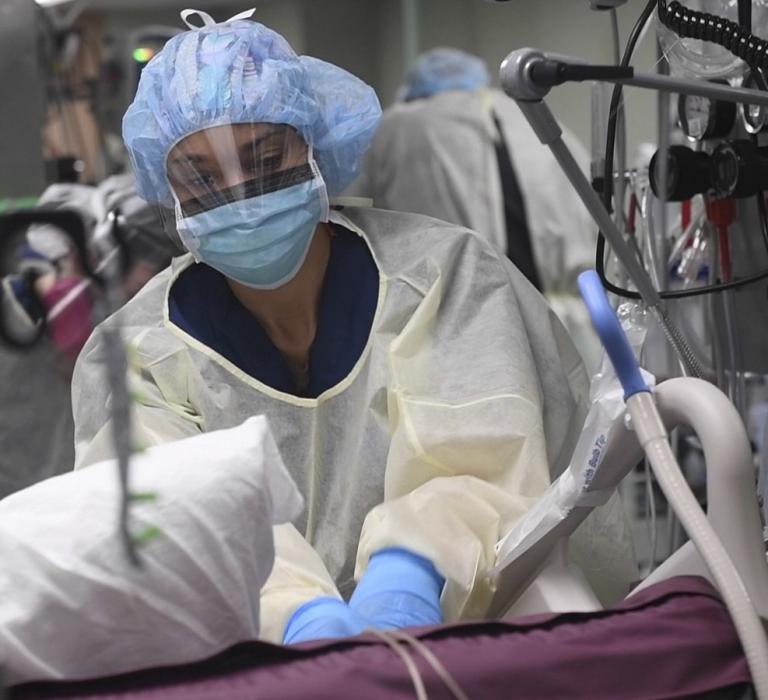
We read reports of the rise in Covid-19 cases in various parts of the country. Close proximity aids the spread of the virus. Its level of contagion based on physical proximity has been compared to putting a large number of matches together. Light one match and watch the flame spread until each stick is ablaze. Vibrant Christianity is contagious, though not like the virus. Contagious, healthy Christianity requires proximity. What kind of proximity? Not necessarily physical proximity, but always relational proximity and prompt loving responses to people in need.
Paul S. Lyda is the Senior Chaplain of the Washington County Sheriff’s Office. Formerly, he served as a pastor at St. Matthew’s Lutheran Church in Beaverton, Oregon. In the video at the close of this post, we discuss Paul’s work as a “first responder,” as he engages people in need promptly in the face of the Coronavirus. Here are the questions I asked Paul during the interview:
- Paul, you recently went from being a pastor at a Lutheran church to a chaplain at a sheriff’s office. What was the transition like? What are some similarities and differences in your work?
- Paul, I believe the terminology for your new role includes “first responder.” Give us a sense of what it is like for you in your chaplaincy work as a first responder to people with the Coronavirus?
- What are some of the challenges and opportunities you, other chaplains, and the sheriff’s department are experiencing in addressing this new normal?
- How does your faith in Jesus—including your solid Lutheran theology—shape your response to people in need?
- What closing thoughts would you like to share with our viewers and listeners?
Some Christian groups claim that their religious liberties permit them to meet together for public worship in the midst of the pandemic no matter the risks to physical health. What would the Apostle Paul say in response? As you reflect upon how you might answer this question, consider how Paul Lyda and other chaplains like him are using their liberty in Christ to spread the love of Jesus relationally to those in great need. No doubt, for Paul Lyda and his colleagues, Paul’s words to the Galatian church resonate loud and clear: “You, my brothers and sisters, were called to be free. But do not use your freedom to indulge the flesh; rather, serve one another humbly in love” (Galatians 5:13; NIV).
Christian liberty is never freedom to do what one wants for self-serving ends. Christian liberty puts the well-being of others–Christians and non-Christians alike–before one’s own desires. How might we respond relationally and promptly in the face of Covid-19 to spread the faithful love of Christ without spreading the virus? Contagious Christianity requires proximity. Christians don’t need to be in close physical proximity to spread the faith. But contagious Christianity requires relational proximity and prompt loving responses to people in need.











